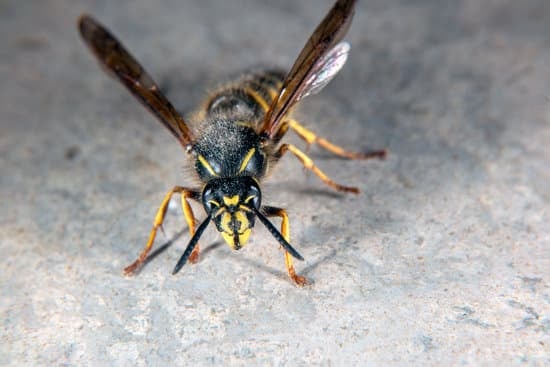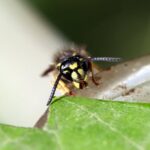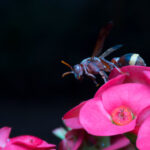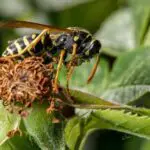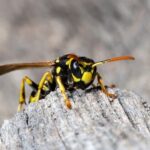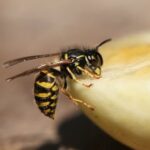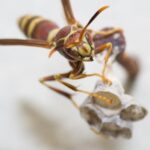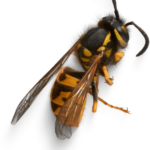How Important Is Wasp Conservation?
Despite their reputation as stinging pests, wasps play a crucial role in regulating arthropod populations. They are also a source of ecological resilience. This has been recently confirmed in a major scientific review of ecosystem services.
Insect populations are experiencing a decline, which is threatening our wellbeing. As a result, scientists are looking for ways to reduce human interference with wasps. A cultural shift in how we see wasps could be important in conserving these insects.
Wasps can be divided into two main groups: hunting wasps and social wasps. Each of these has its own unique life history and provides a valuable service to the ecosystem.
Hunting wasps visit flowers and feed on nectar. They also hunt aphids, aphid colonies and other insects that eat plants.
Social wasps, however, control pest insects. These wasps live in colonies and capture and eat insect larvae and caterpillars. In the UK, social wasps capture 14 million kilograms of insect prey every summer. In addition to controlling pests, social wasps also regulate the population of carnivorous arthropods.
There are over 200,000 species of wasps in the world. Approximately half are parasitoids, while the other half are predators. The most commonly known wereps are black and yellow social species. These insects form nests in the ground or in the air.
Each colony is led by a queen, who lays eggs. The queen, or gyne, will mate with males from other colonies. Afterward, a female worker will look after the queen.
